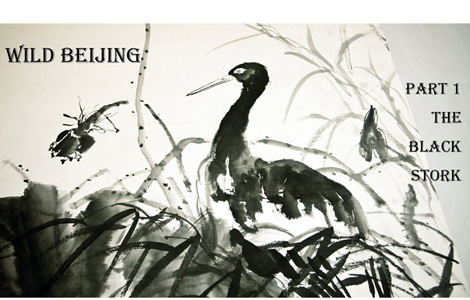PBOC ends credit crunch, needs to go further
Updated: 2013-06-27 09:09
(Xinhua)
|
||||||||
SHANGHAI -- China's central bank took a sharp turn Tuesday evening, when it promised to inject money into a temporary liquidity shortage after rejecting banks' pleas for cash over the past two weeks.
The move has been interpreted as regulators' decision to end the credit crunch that caused interbank rates to surge to double digits and pounded the stock market into bearish territory.
The People's Bank of China, or PBOC, has changed its stance, as starving the financial system of cash has been crippling the economy in a broader scope. The Shanghai Composite Index reported its biggest slump in four years on Monday, after the PBOC published an internal notice implying tight liquidity. The benchmark further tumbled 6 percent Tuesday before reversing the retreat on rumors of a declaration of support, which was issued by the bank on Tuesday night.
"The market is full of fear and rumors, and that let the government smell financial risks," said Zhang Zhiwei, chief China economist at Nomura Securities Co Ltd.
The benchmark seven-day fixing repo dipped 78 base points to 7.22 percent as of 11:30 am Wednesday, and the Shanghai Interbank Offered Rate (SHIBOR) overnight rate slid 18 base points to 5.55 percent at the same time. The SHIBOR overnight rate shot up to 25 percent last Thursday, when banks rushed to each other for money.
Banks with aggressive off-the-balance-sheet lending felt the pain of the cash squeeze when they borrowed money at exorbitant rates while watching stock prices plummet.
"Regulators have successfully warned the market," said Li Xunlei, chief economist with Haitong Securities. "Changing the stance is the right decision. After all, the central bank has an obligation keep the financial system afloat with liquidity."
China Minsheng Banking Group, a mid-sized bank, promised to clear all excessive non-standard assets in an investor meeting held after its stock price plunged 10 percent on Monday. In a report, Barclays warned that medium and small banks have higher interbank assets as a percentage of their total assets than large banks.
Another factor forcing the PBOC to dial back its tight liquidity stance was that the market reacted to regulators' call in a way that was the opposite of what regulators had hoped for. In desperate need of cash, banks rolled out massive wealth management products (WMPs) to attract deposits, and the yields of these investments grew much higher than previous ones, thus posing greater risks.

 Philippine, US start Naval exercise in S China Sea
Philippine, US start Naval exercise in S China Sea
 Supreme Court gay rights ruling celebrated across US
Supreme Court gay rights ruling celebrated across US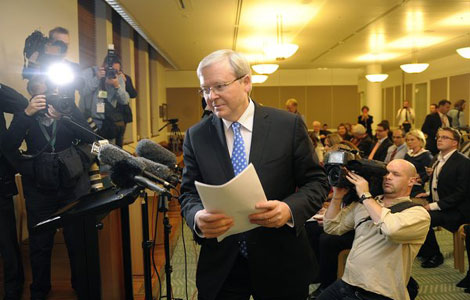
 Rudd returns as Australian PM after Gillard
Rudd returns as Australian PM after Gillard
 Brazil protests intensify before Confed Cup semifinal
Brazil protests intensify before Confed Cup semifinal
 Long lost weekend
Long lost weekend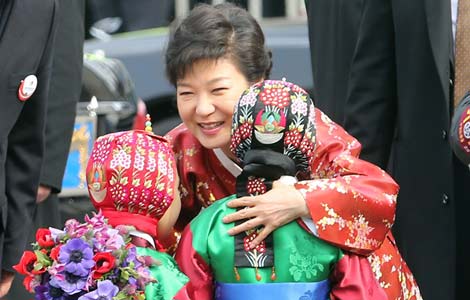
 Park ready to charm China
Park ready to charm China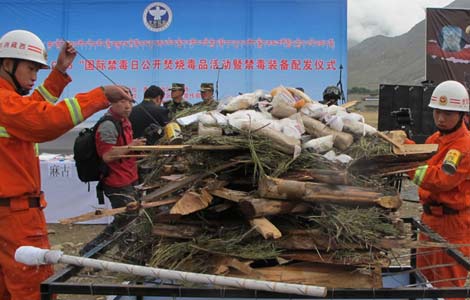
 Prices climb as police crack down
Prices climb as police crack down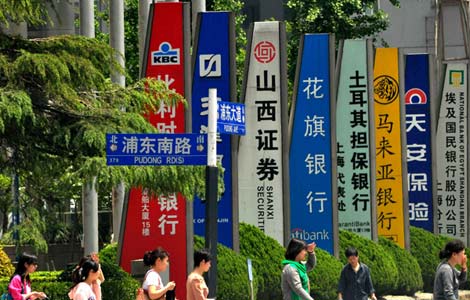
 China 'most promising' in FDI
China 'most promising' in FDI
Most Viewed
Editor's Picks

|

|

|

|

|

|
Today's Top News
Proposed law puts curbs on family visas
Markets will stay volatile, continue to struggle: Expert
Promising outlook on US, China investment
US adoptees visit Chinese roots
Ecuador refutes Washington Post accusation
IBM to make Chinese job cuts
PBOC ends credit crunch, to go further
Snowden still at Moscow's airport, asylum pending
US Weekly

|

|
